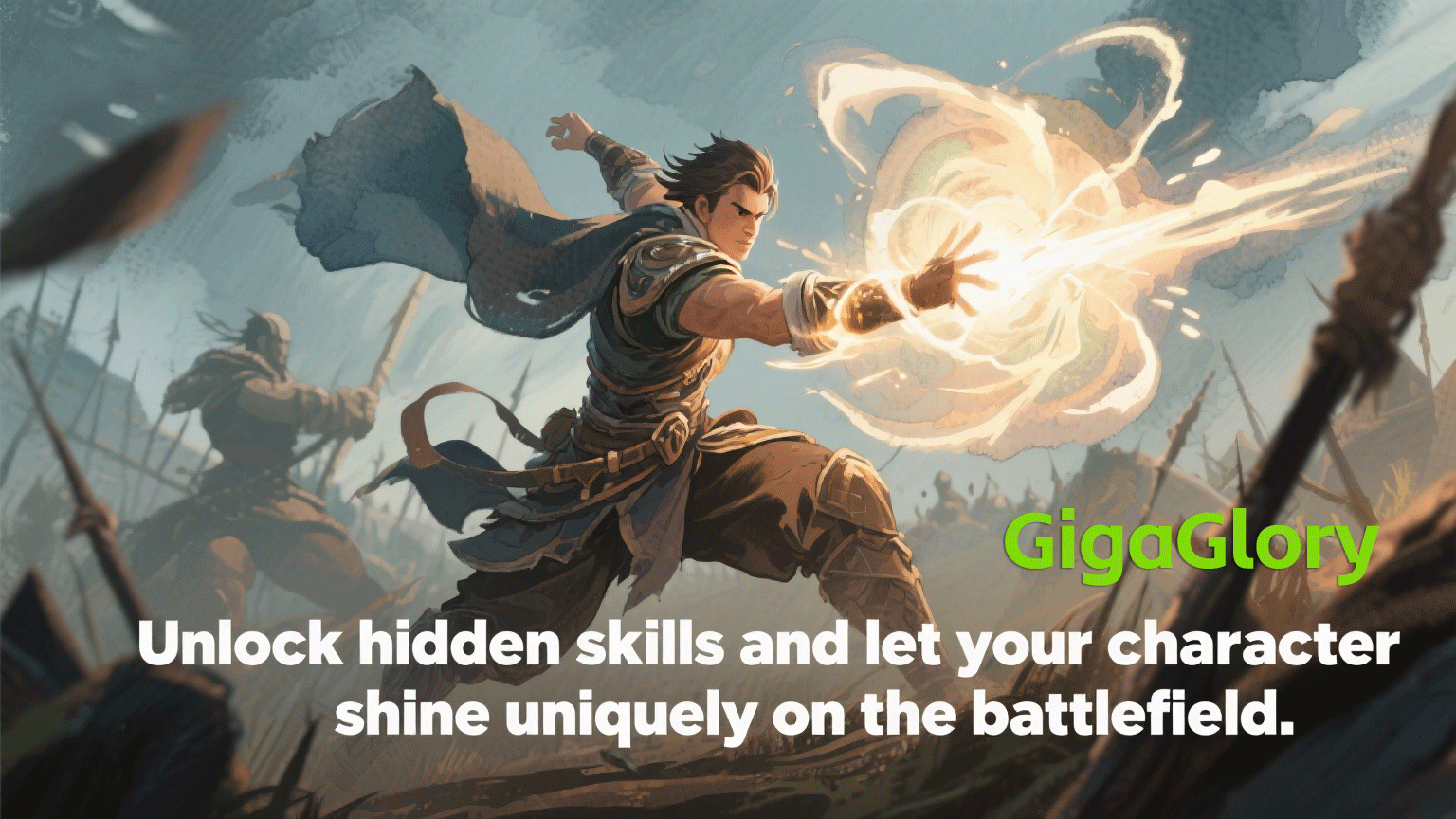Unleashing Creativity: How Strategy Games and RPG Games Redefine Gameplay Experiences
Introduction
In an age where gaming options are practically endless, two genres have consistently captivated players: strategy games and RPG games. These gaming categories not only offer immersive worlds but also pave the way for unprecedented creativity in gameplay. This exploration looks into how these genres are reshaping our understanding of gaming, appealing to a diverse audience, and engaging players in unique ways.
The Evolution of Strategy Games
Strategy games have a rich history, evolving from simple board games to complex digital experiences. Titles like Civilization and StarCraft have set the standard for strategy games, pushing players to think critically and plan meticulously.
- Resource Management: Players must gather and allocate resources wisely.
- Time Management: Quick decision-making is crucial.
- Problem Solving: Players are often faced with puzzles that require strategic thinking.
The Appeal of RPG Games
Role-Playing Games (RPGs) immerse players in storytelling and character development. Titles like The Witcher and Final Fantasy allow players to assume different personas, each with a rich backstory. The blend of strategy within RPG mechanics adds layers of depth.
Crafting Your Adventure
What makes RPGs so enticing is the ability to craft your adventure. Players aren’t just participants; they are key players in a narrative woven by their choices.
How These Genres Encourage Creativity
Strategy games and RPG games promote creativity in several ways:
- Customizable Characters: RPGs often allow players to create unique characters.
- Strategic Planning: Every move in a strategy game requires foresight and originality.
- Player-Driven Storylines: Many RPGs offer branching narratives, giving players the freedom to shape outcomes.
The Impact of Technology on Gameplay Experiences
Advancements in technology have radically transformed how strategy and RPG games are played. Online multiplayer modes in strategy games such as Age of Empires and RPGs like World of Warcraft allow for collaborative gameplay. This interaction enhances creativity.
Example: EA Sports FC 24 Career Mode
Consider how EA Sports FC 24 Career Mode reshapes player experiences. Gamers can create teams, make strategic decisions, and even develop storylines through their team management, which intertwines traditional strategy with RPG mechanics seamlessly.
Table of Notable Strategy and RPG Games
| Game Title | Genre | Platform | Year Released |
|---|---|---|---|
| Civilization VI | Strategy | PC, Console | 2016 |
| The Witcher 3 | RPG | PC, Console | 2015 |
| StarCraft II | Strategy | PC | 2010 |
| Final Fantasy VII Remake | RPG | PS4, PS5 | 2020 |
The Psychological Benefits of Gameplay
Engaging in strategy games and RPG games has notable psychological benefits. These games encourage cognitive skills such as:
- Critical Thinking: Players resolve conflicts and strategize outcomes.
- Creativity: Crafting narratives and building worlds fosters imagination.
- Social Skills: Multiplayer modes improve communication and teamwork.
Conclusion: A New Dawn for Gamers
Strategy games and RPGs have redefined the gaming landscape, significantly influencing player experience and creativity. They not only allow players to become part of immersive stories but also challenge and expand their cognitive abilities. With technology continually advancing, the future holds even more exciting possibilities for these genres.
FAQs
1. What are the main differences between strategy games and RPGs?
Strategy games emphasize critical thinking and planning, while RPGs focus on storytelling and character development.
2. Can strategy games help improve real-life skills?
Yes, they enhance critical thinking, problem-solving, and decision-making skills.
3. What are some recommended strategy games to play?
Popular titles include Civilization VI and Age of Empires IV.
4. How do RPGs enhance creativity?
By allowing players to shape narratives and create unique characters, RPGs foster an environment for creative expression.



